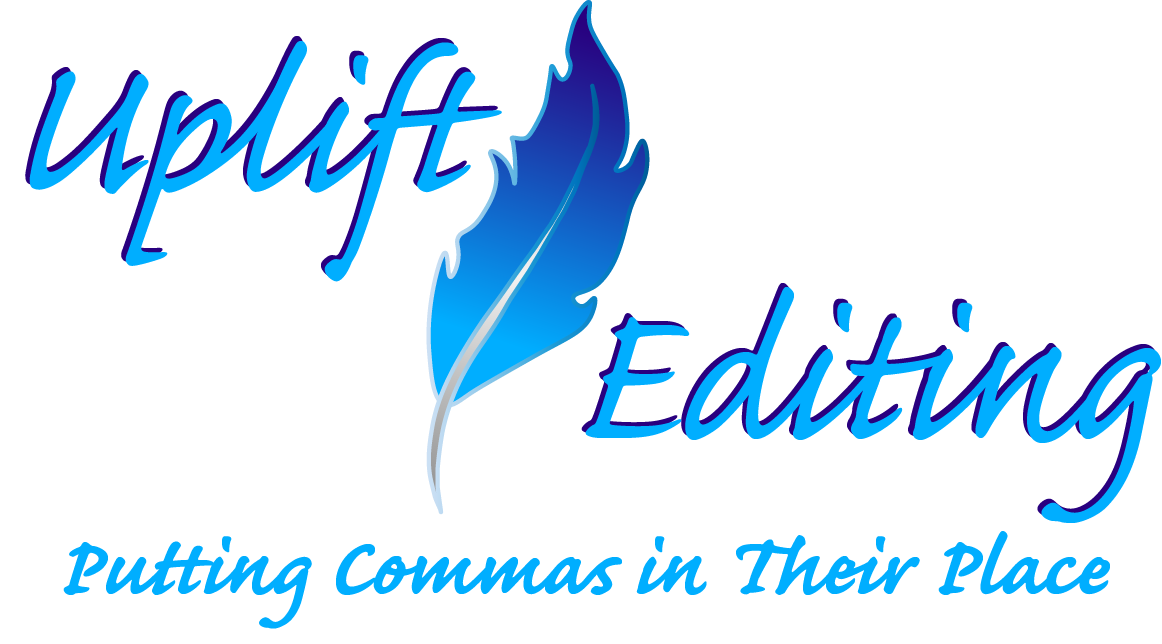Writing Nonfiction for Real People
Does your writing communicate?
Nonfiction writers specialize in a wide variety of genres, from self-help to academia, but all have one goal in common: to communicate real information to real people. Even a simple shopping list or a personal journal kept under lock and key communicates something to the writer’s future self.
Unfortunately, many authors write without considering their readers’ needs, resulting in writing that is unorganized, overly technical, and hard to follow. In order to effectively communicate with others, writing must be clear, concise, and credible. These tips can help you identify and fix common mistakes that may impede your ability to connect with your readers:
Is your writing clear?
- Know Your Audience
Don’t try to write for everyone. - Just Write It
Don’t edit while you write. - Dump the Dictionary
Don’t try to impress your readers by using obscure words. - Every Writer Should Watch Their Pronouns
Don’t resort to awkward or ungrammatical language to express gender neutrality.
Is your writing concise?
- Know Your Message
Don’t include everything you know about your topic. - The Verbosity Atrocity
Don’t confuse long, complicated writing with good writing. - Light as a Feather
Don’t rely on meaningless light verbs. - Short Sentences
Don’t cram too much information into a single sentence.
Is your writing credible?
- Know Your Topic
Don’t write about a topic you don’t fully understand. - Cite Unseen
Don’t claim someone else’s work as your own. - Repudiation by Defamation
Don’t slander those who disagree with you. - Because I Said So!
Don’t expect readers to believe you based solely on your credentials.
To stay up to date with new content, follow Uplift Editing on Twitter.
